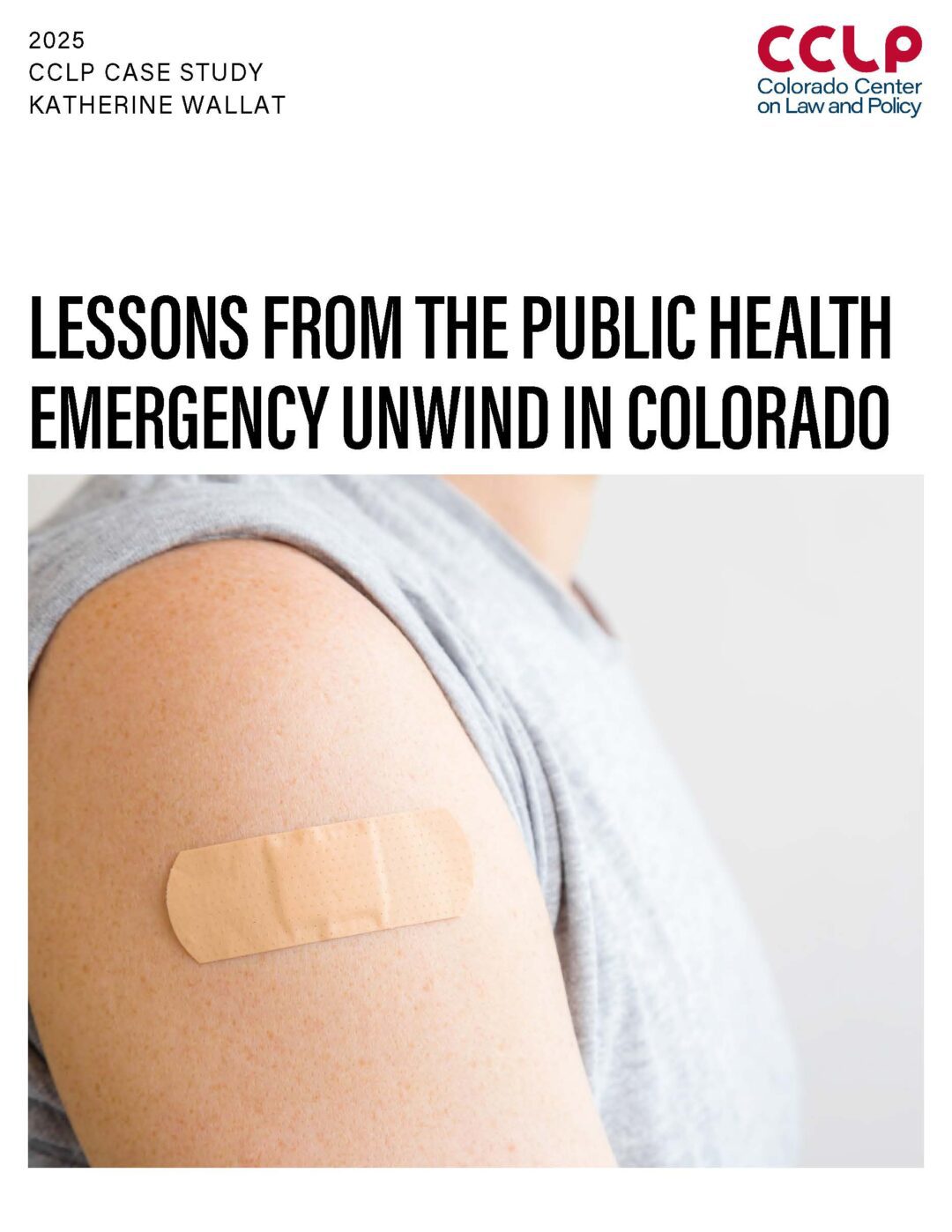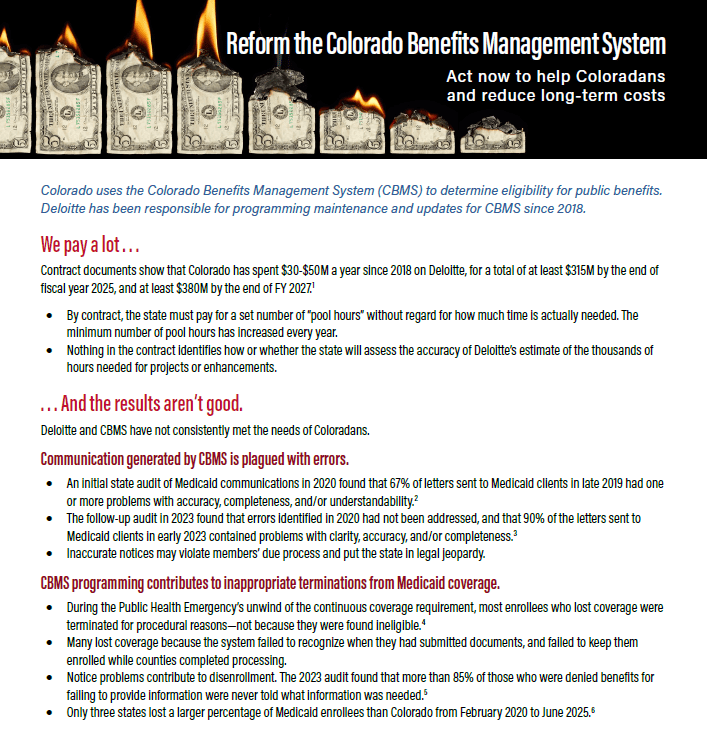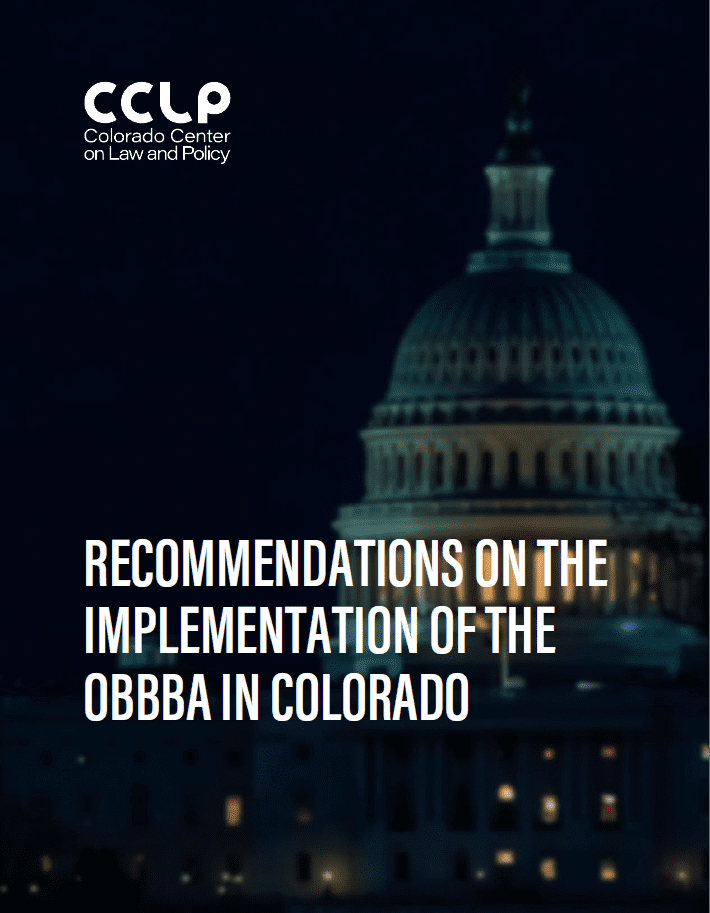View File
As Colorado heads into 2010 it seems that the worst of the recession is behind us. Very recently job losses have slowed and unemployment has eased. However, the effects of the most severe economic downturn in more than half a century are still permeating deeply through the state economy. Wages are stagnant, employment is down markedly, poverty is up, and private insurance coverage is shrinking with government options taking up the slack. Looking backward, it has been a troubling decade for workers in Colorado which began and ended in recession, and saw few real gains in between. Indeed the recent past raises real questions for workers and policymakers alike about the kind of jobs, security, and lifestyle the future Colorado will promote, and about the kind of investments needed to attain this future.
The State of Working Colorado examines how well Colorado workers fared in the past decade and looks closely at trends from the current recession just now appearing in the social economic data. It compares trends in wages, employment and unemployment, poverty and health insurance from the recession that began the decade in 2001 to the current downturn that was just picking up speed in 2008.
The results reveal a contradiction unique to Colorado and familiar to many policymakers, community leaders, and workers in the state. Across the board Colorado excels in pure economic metrics, leading the region in wages, unemployment, and workforce education. Yet life in the Colorado workforce adheres to a different reality. Wages are stagnant, private insurance is declining, poverty rates and food stamp recipiency are rising, and economic inequality between genders, races, and education levels abounds. Addressing this contradiction may be the greatest challenge for Colorado policymakers in the decade to come.




CCLP Public Comment to HHS Reinterpretation of Federal Public Benefit
Public Comment, Publications